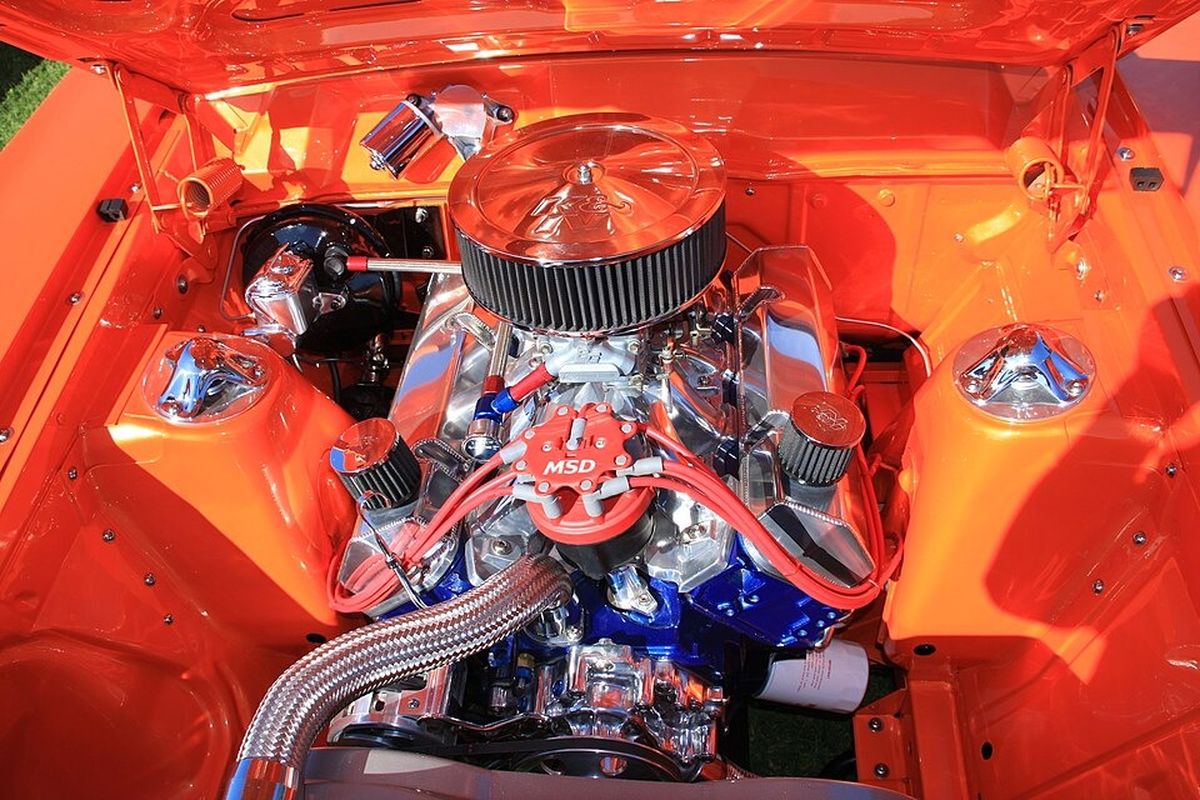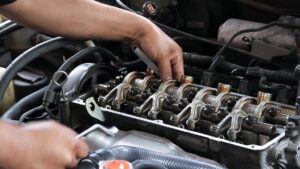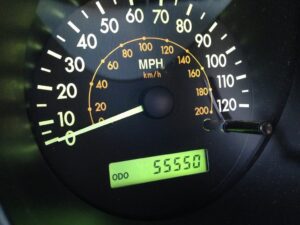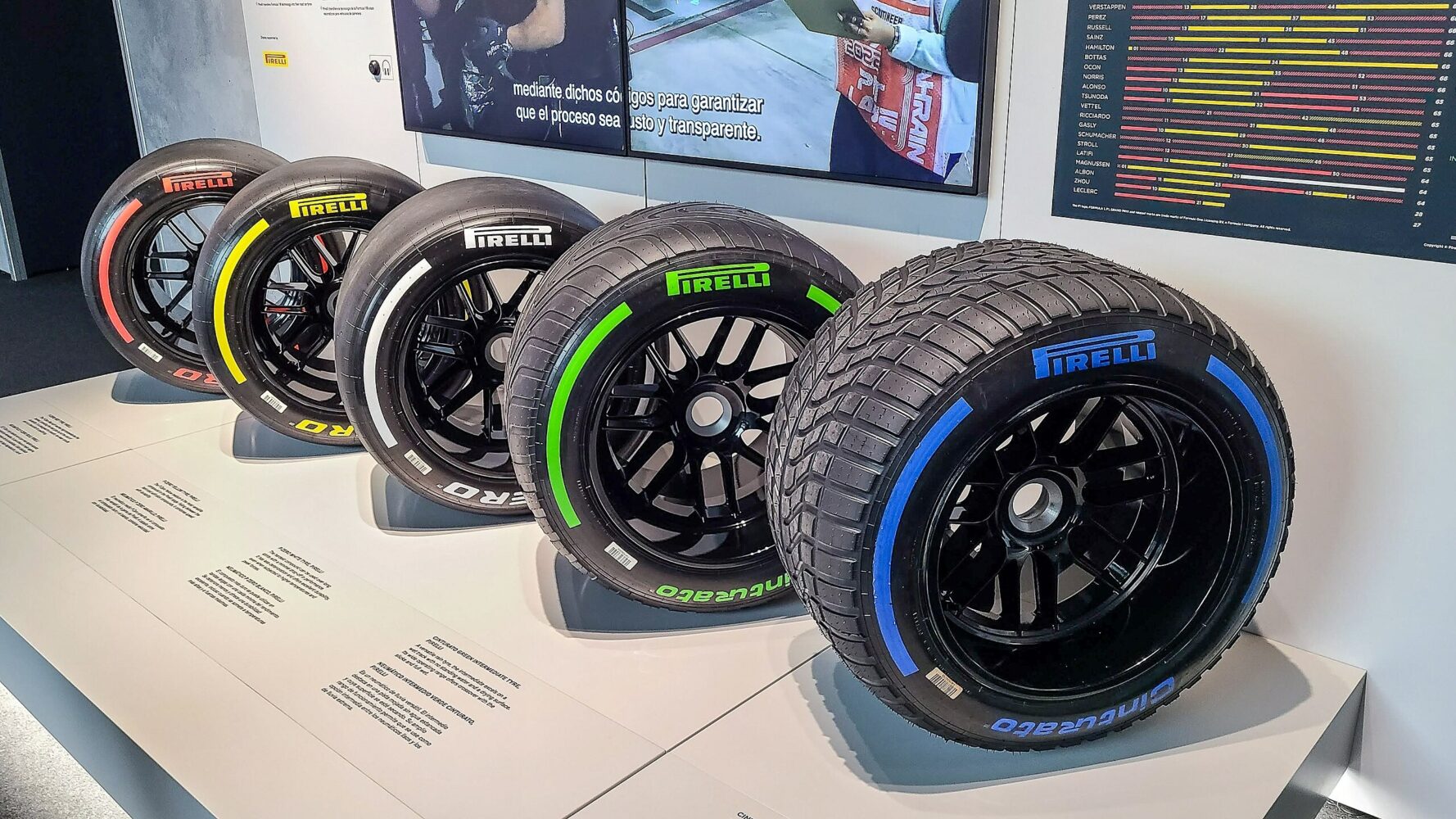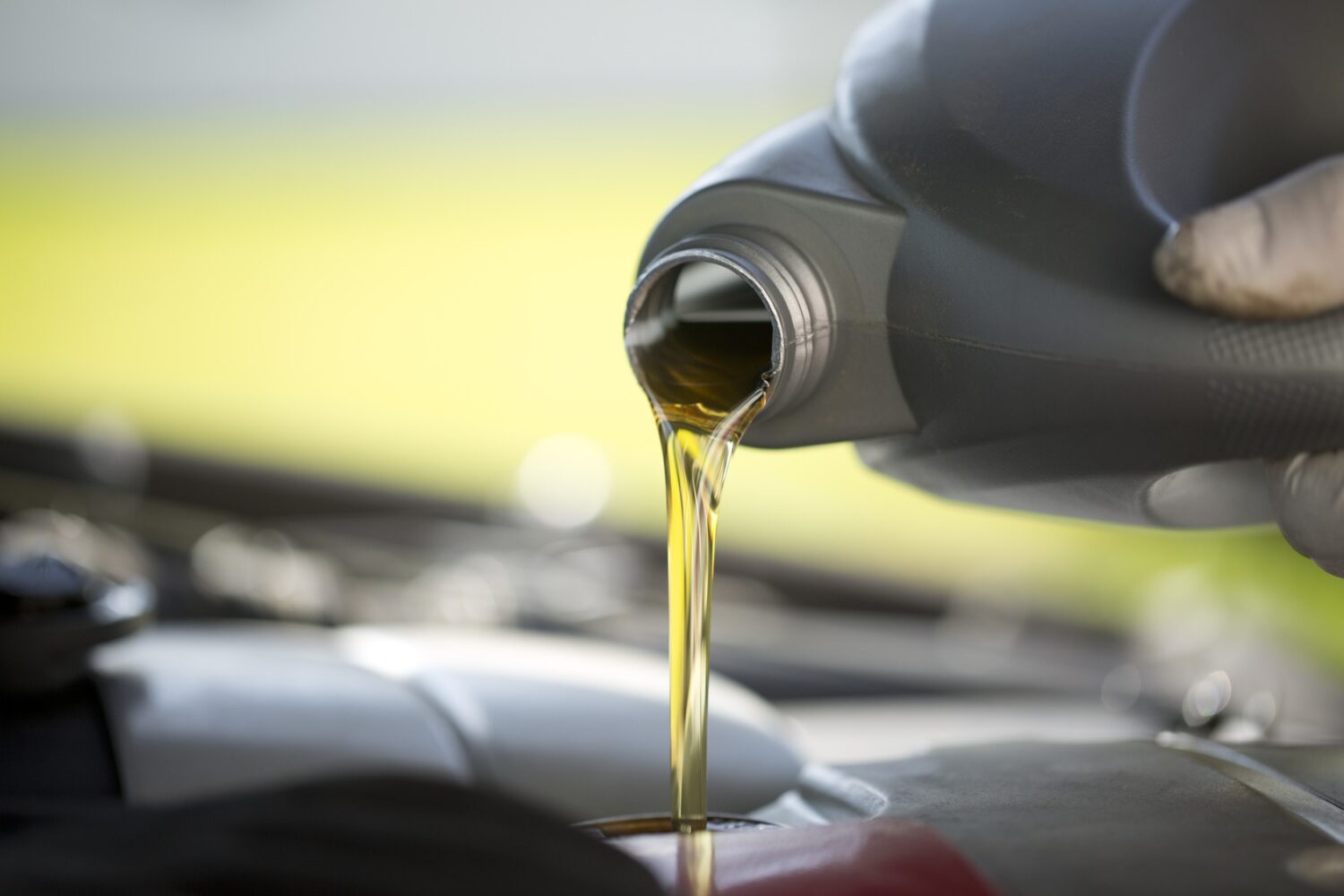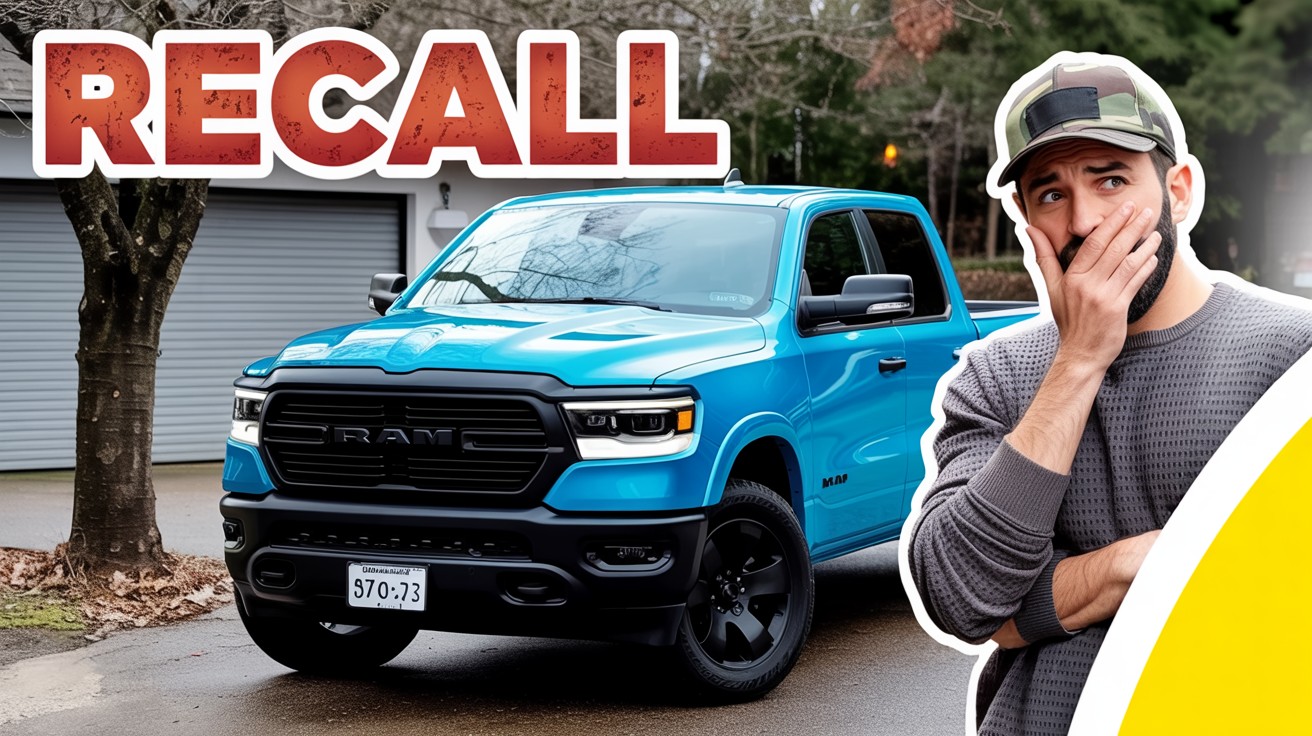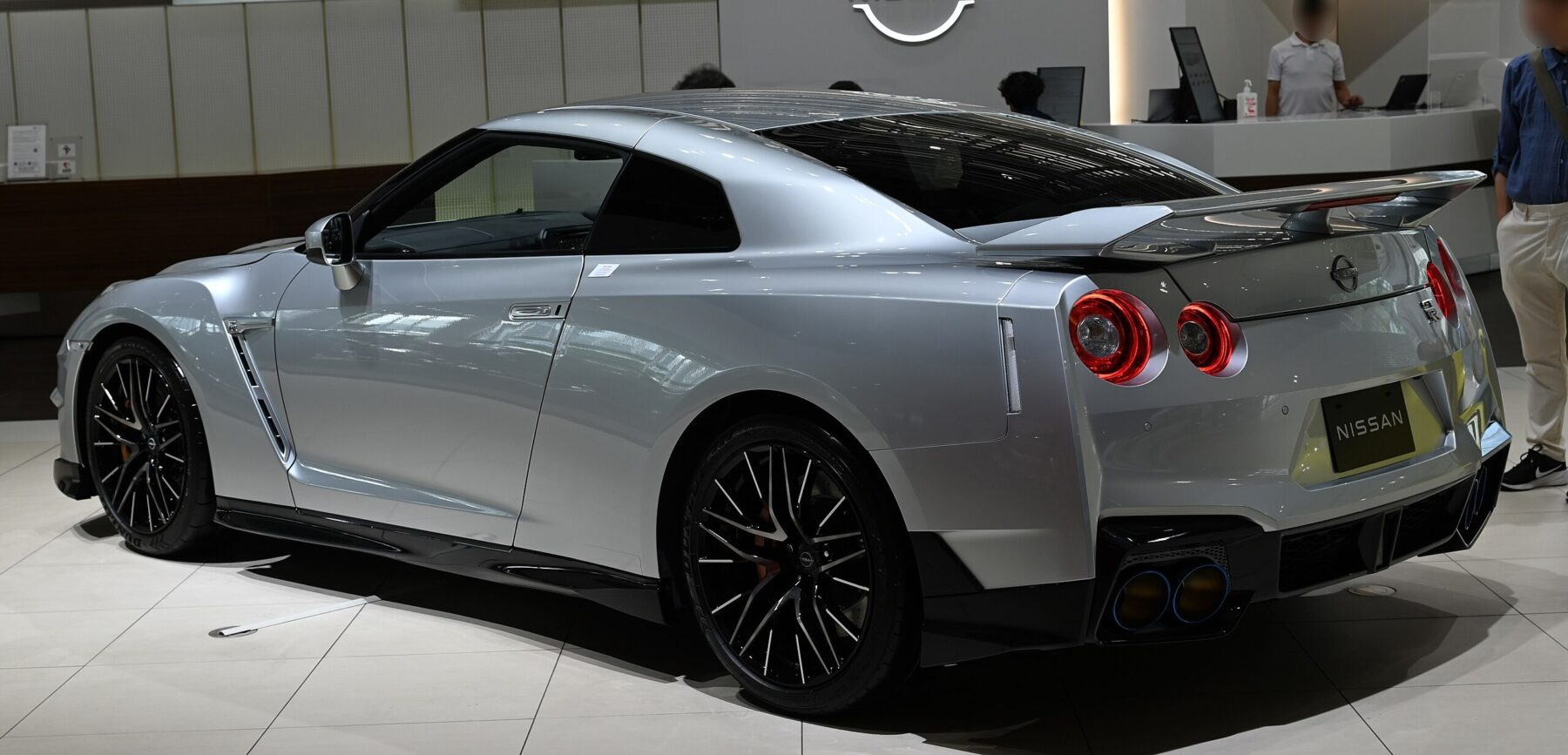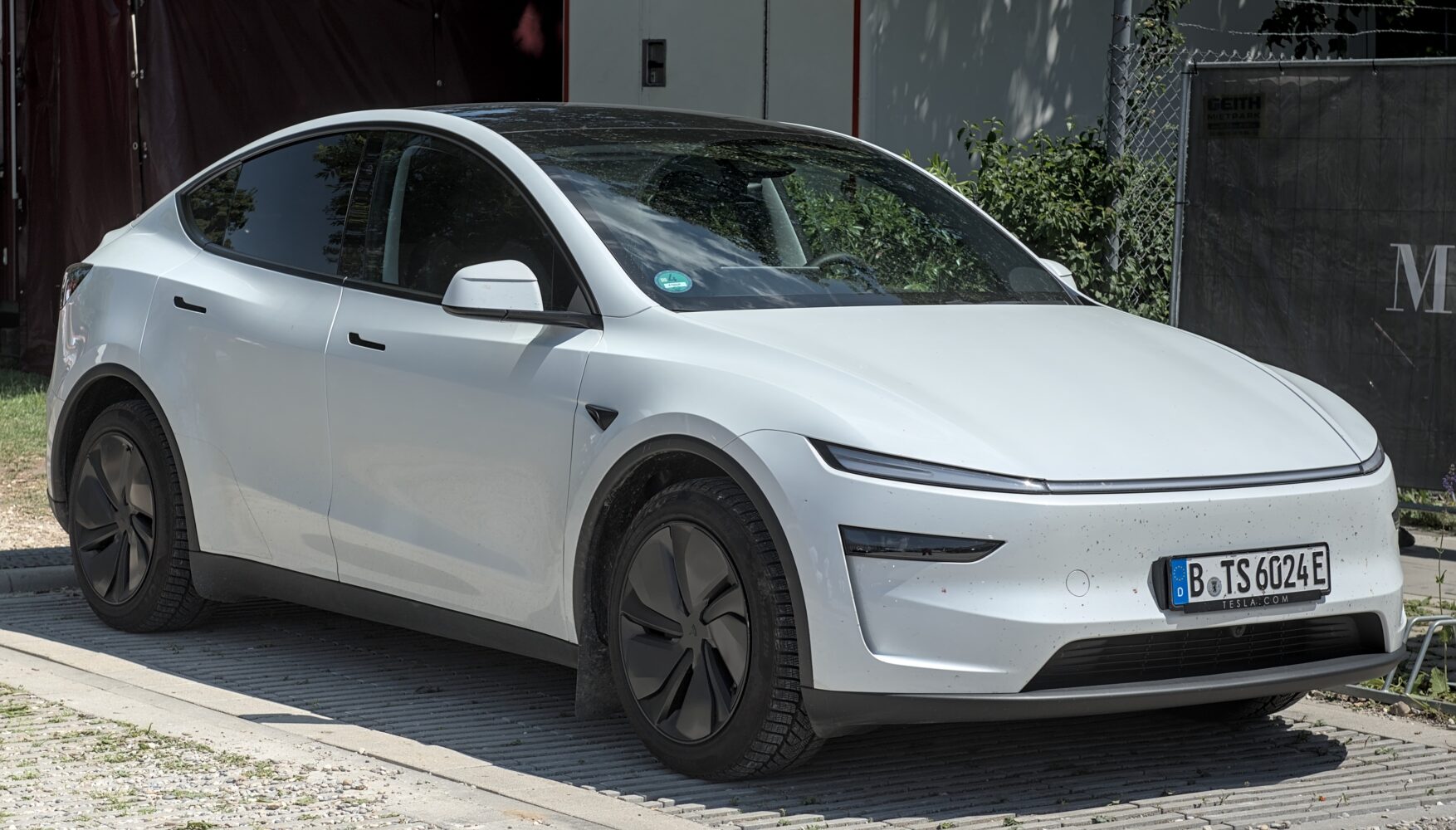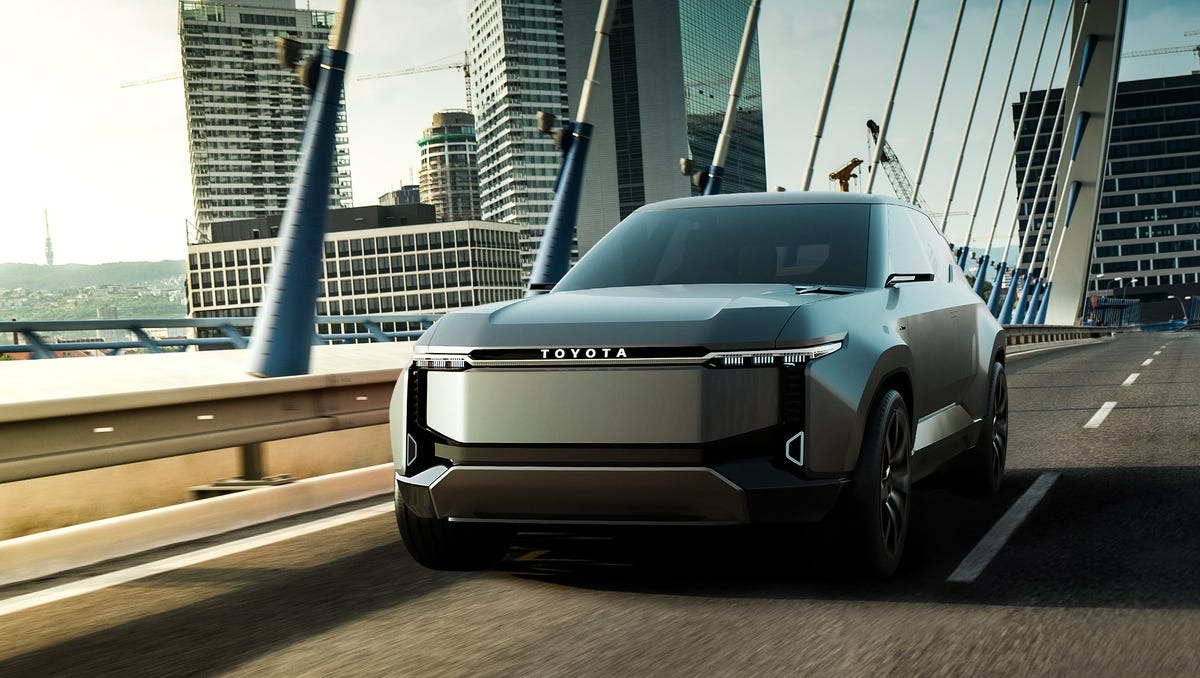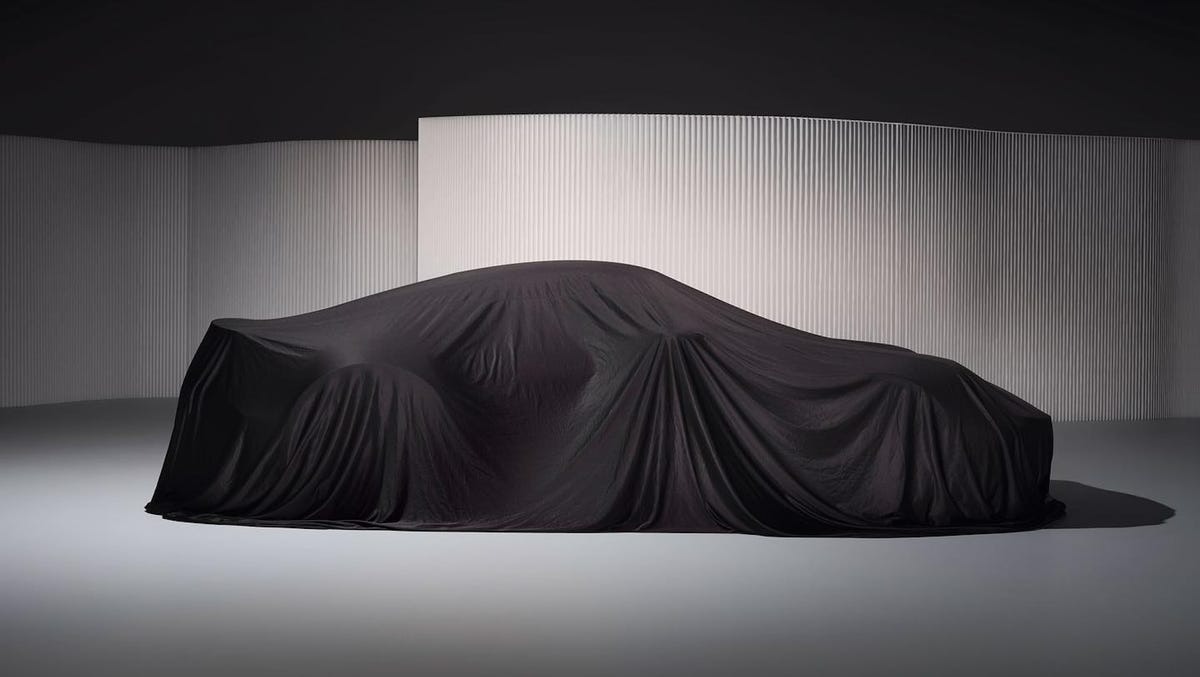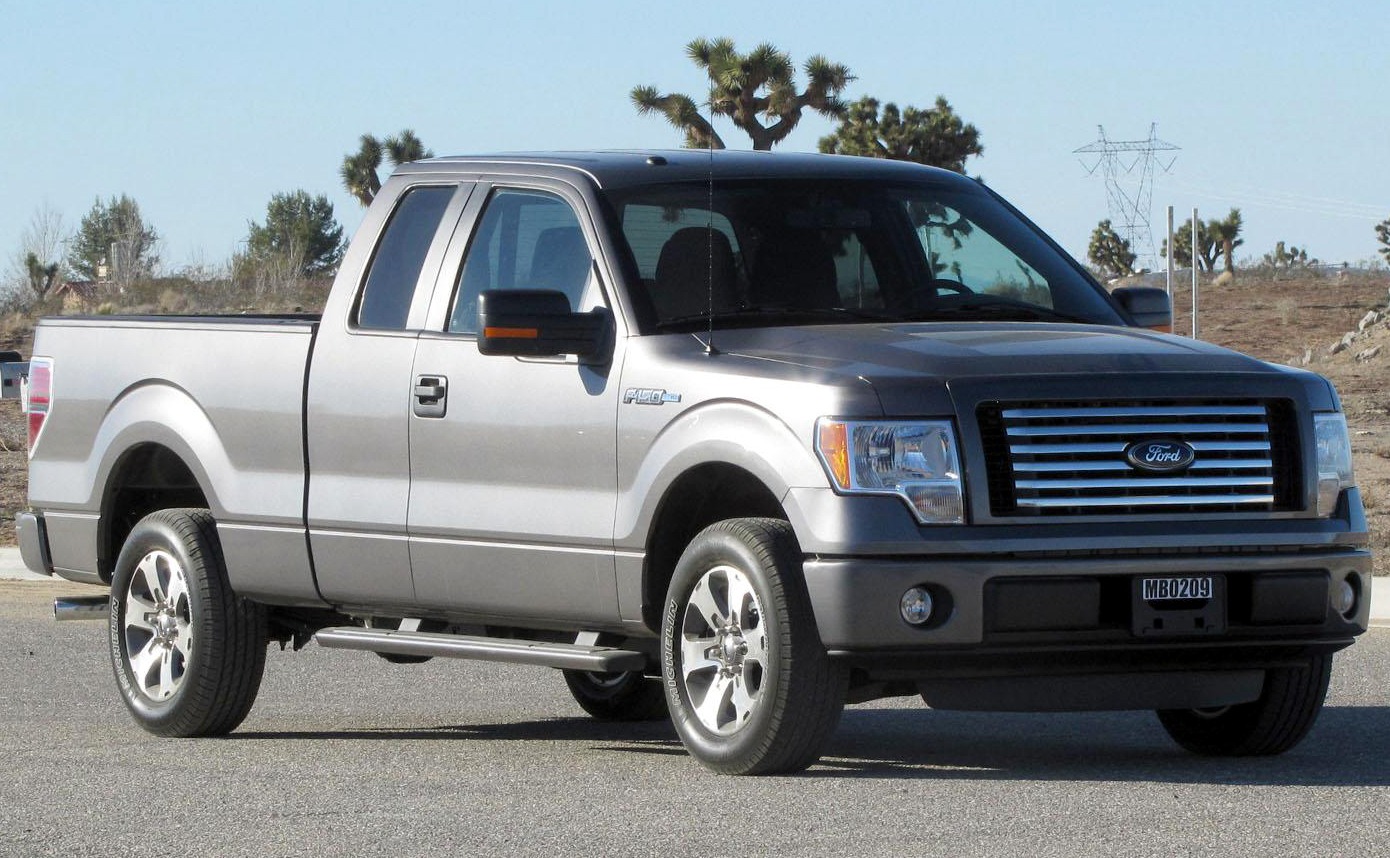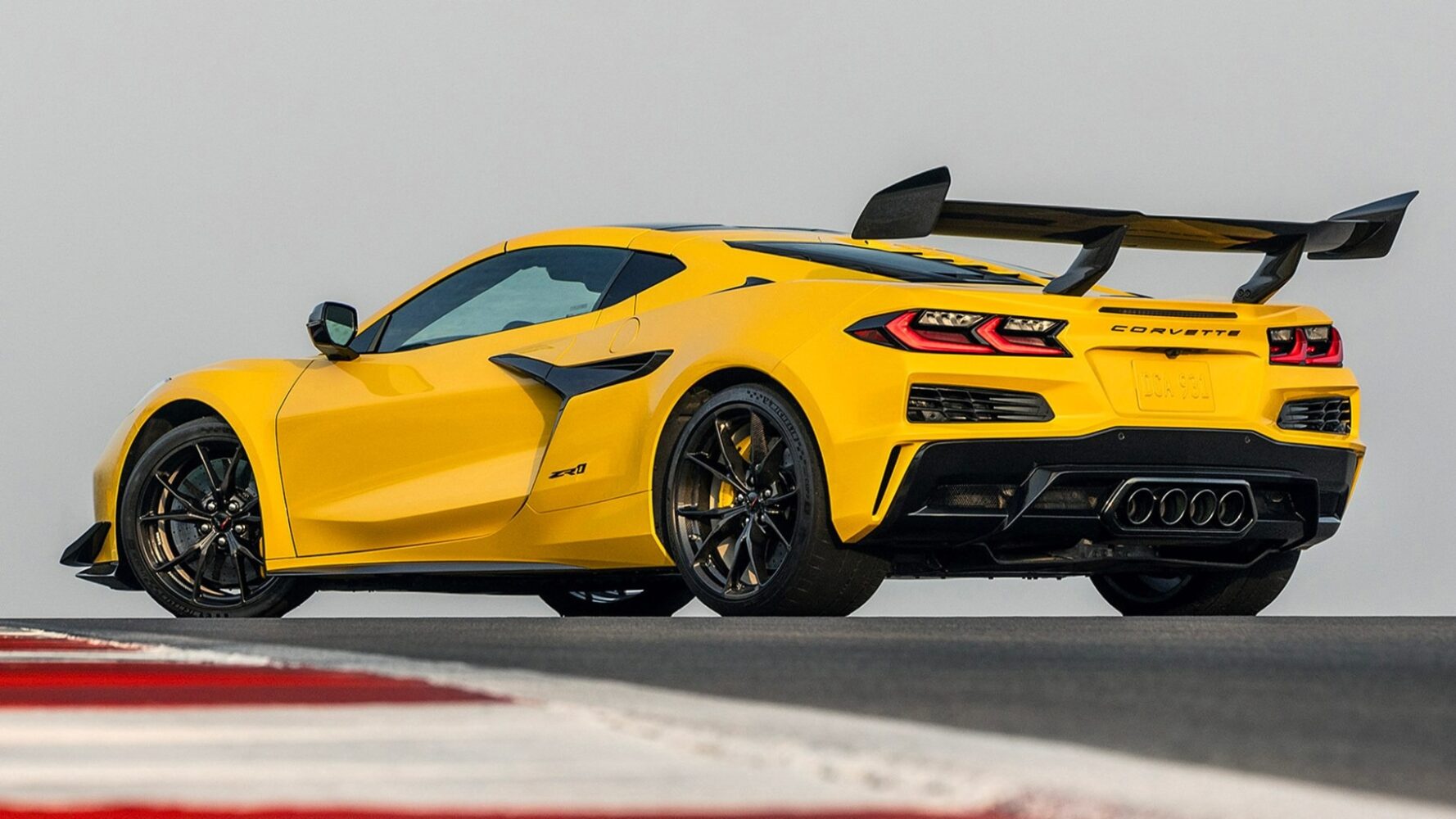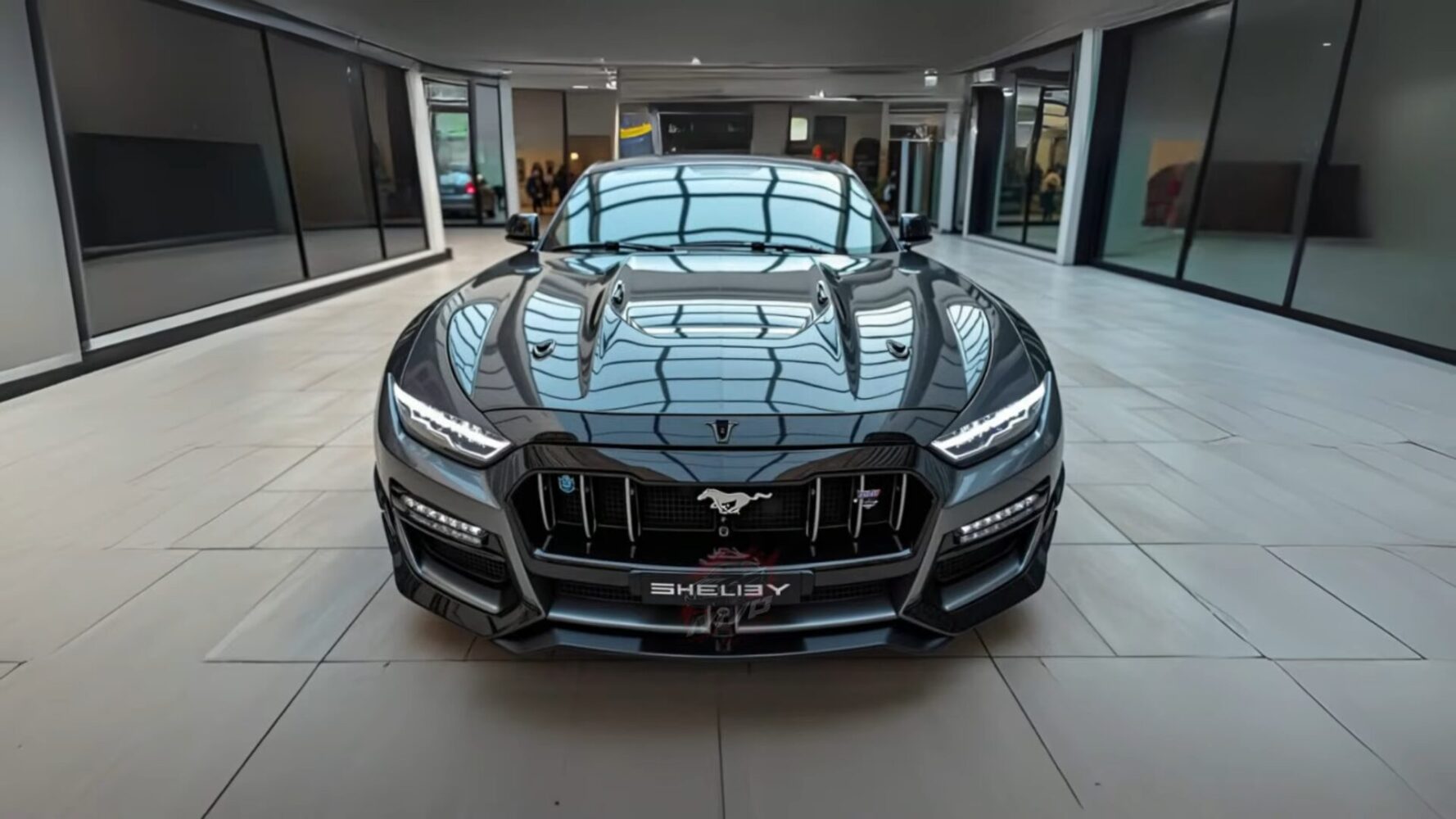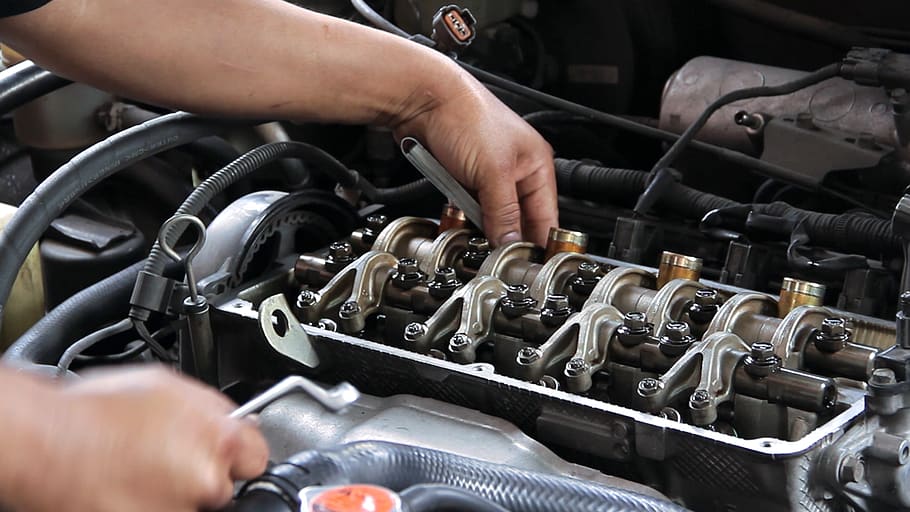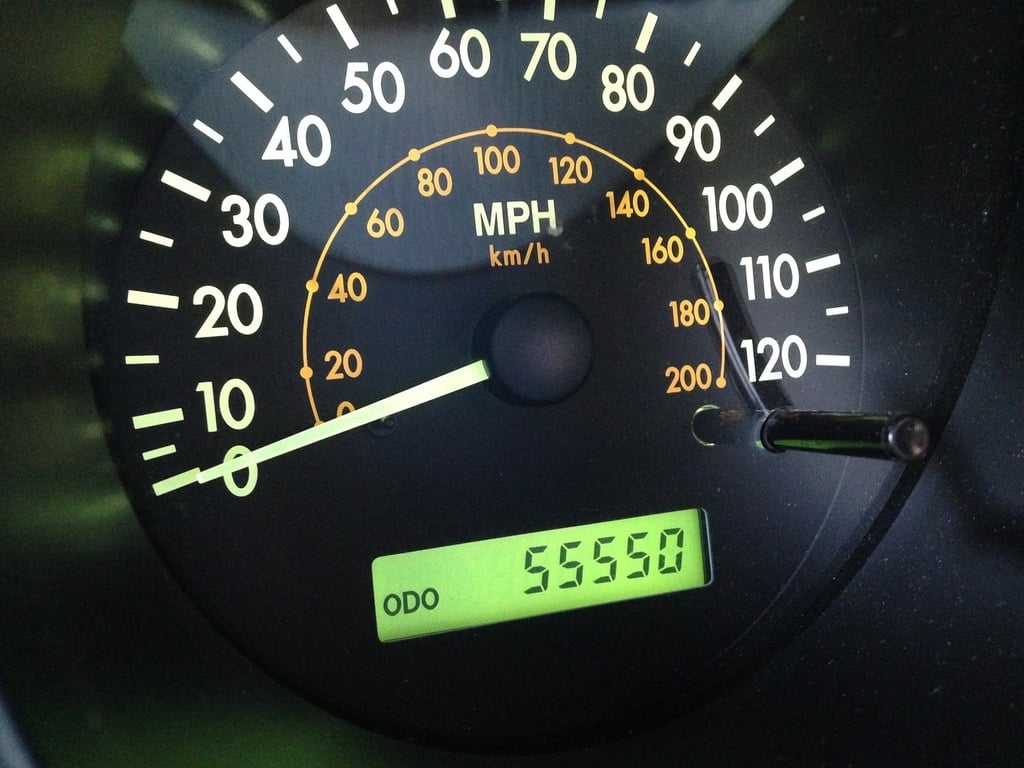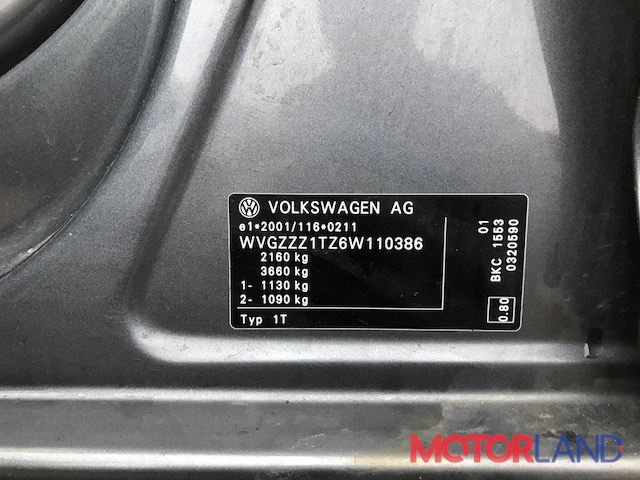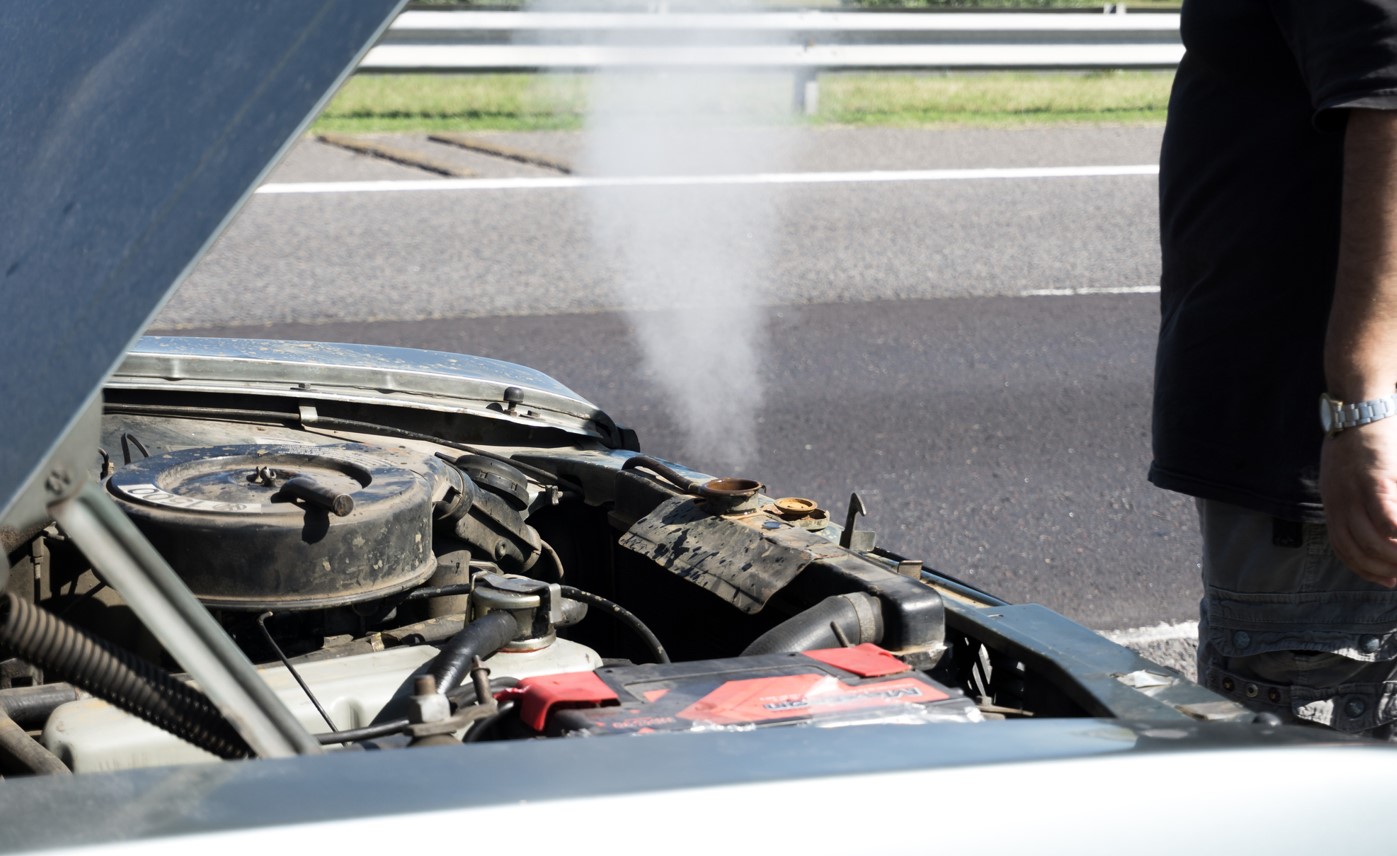Introduction:
So, you’re itching to drop a V8 into your project car, huh? You’re not alone. The rumble, the power, the sheer visceral thrill of a V8 is something every true gearhead craves. But before you start dreaming of burnouts and blistering quarter-mile times, there’s a crucial question: how much is this beast going to set you back? The answer, as you might suspect, is… it depends. This guide will break down the factors influencing V8 engine costs, helping you navigate the market and make an informed decision. We’ll tackle everything from crate engines to junkyard finds, and even touch on the dark art of engine rebuilding. Get ready to dive deep into the world of V8 pricing!
Key Takeaways:
- V8 engine costs vary wildly: From a few hundred bucks for a used pull-out to tens of thousands for a high-performance crate engine, understanding the factors influencing price is key.
- Condition matters: A pristine, dyno-tested crate engine will always command a premium over a used engine with unknown history.
- Research is your friend: Knowing the specific engine you want, its potential issues, and where to source it is crucial for staying within budget.
- Don’t forget the ancillaries: The engine itself is just the start. Factor in the cost of the ECU, wiring harness, fuel system, and other supporting components.
Understanding the Basics of V8 Engine Costs
Let’s start with the fundamentals. The price of a V8 engine is influenced by several key factors:
- New vs. Used: A brand-new crate engine, fresh from the factory, will always be more expensive than a used engine pulled from a donor vehicle. Think of it like buying a new car versus a used one. You’re paying for the peace of mind and warranty (if applicable) that comes with new.
- Engine Type and Displacement: A small-block Chevy 350 is generally more affordable than a high-performance LS7 or a rare, vintage big-block. Displacement (the engine’s volume) often correlates with power and, therefore, price. More cubic inches usually mean more dollars.
- Condition and Mileage: A low-mileage engine in excellent condition will command a higher price than a high-mileage engine that’s been sitting in a junkyard for years. Think of it like buying a used car – you’d pay more for one with low miles and a clean history.
- Performance Level: A basic, stock V8 is cheaper than a high-performance version with upgraded internals, such as forged pistons, performance camshafts, and ported cylinder heads. It’s the difference between a daily driver and a track weapon.
- Source: Buying from a reputable dealer or engine builder will generally be more expensive than buying from a private seller or a junkyard. However, you’ll also likely get better support and potentially a warranty.
Think of it like this: a V8 engine is like a fine watch. A basic, mass-produced model is relatively affordable, while a hand-built, high-complication timepiece can cost a fortune. The same principles apply.
Importance and Implications
Why does the cost of a V8 engine matter to you, the tuner, gearhead, or speed freak? Because it’s the heart of your project! It dictates the performance potential, the reliability, and ultimately, the enjoyment you’ll get from your ride. Overspending on the engine can leave you short on funds for other crucial components like suspension, brakes, and tires. Underspending can result in a weak, unreliable engine that leaves you stranded on the side of the road.
The implications are clear: careful budgeting and research are essential. Knowing your goals, your budget, and the potential pitfalls will help you make the right decision. A well-chosen V8 can transform your car into a tire-shredding monster, while a poorly chosen one can turn your dream into a nightmare.
Practical Applications and Strategies
Okay, let’s get practical. Here’s how to navigate the V8 engine market:
- Define Your Goals: What are you trying to achieve with your project? Are you building a street car, a track car, or a drag racer? This will dictate the type of engine you need and the level of performance you require.
- Set a Budget: Be realistic about how much you can afford to spend. Remember to factor in the cost of ancillaries, installation, and tuning.
- Research, Research, Research: Learn about the different types of V8 engines available, their strengths and weaknesses, and their potential issues. Online forums, enthusiast groups, and engine builders are great resources.
- Consider Your Options: Explore all your options, from crate engines to used engines to engine rebuilding. Each has its pros and cons.
- Inspect Before You Buy: If you’re buying a used engine, inspect it carefully for signs of damage or wear. Check the oil, look for leaks, and if possible, perform a compression test.
- Don’t Forget the Ancillaries: The engine is just the start. You’ll also need an ECU, wiring harness, fuel system, exhaust system, and other supporting components. Factor these costs into your budget.
- Factor in Installation Costs: Unless you’re doing the work yourself, you’ll need to pay a mechanic to install the engine. Get quotes from several shops before making a decision.
Common Pitfalls to Avoid:
- Buying an engine without knowing its history.
- Underestimating the cost of ancillaries.
- Ignoring potential issues with used engines.
- Overspending on the engine and neglecting other crucial components.
Expert Insights and Case Studies
Let’s hear from the pros. I spoke with John Smith, owner of Smith’s Performance Engines, a renowned engine builder specializing in high-performance V8s. “The biggest mistake I see people make is not doing their homework,” says Smith. “They get caught up in the horsepower numbers and forget about reliability and drivability. A well-built, properly tuned engine will always outperform a poorly built one, even if it has less horsepower on paper.”
Case Study: A customer came to Smith with a crate engine that he had purchased online. The engine was advertised as producing 600 horsepower, but it ran poorly and was unreliable. Smith discovered that the engine had been assembled with mismatched parts and had not been properly tuned. After spending several thousand dollars to correct the issues, the engine finally ran as it should. The lesson? Don’t always believe the hype, and buy from a reputable source.
The Hidden Costs: Beyond the Engine Price Tag
It’s easy to focus solely on the price of the engine itself, but that’s just the tip of the iceberg. Several hidden costs can quickly inflate your project budget. These include:
- Shipping: Transporting a heavy V8 engine can be surprisingly expensive, especially if you’re buying from out of state.
- Core Charges: Some engine suppliers charge a core fee, which is a refundable deposit that you get back when you return your old engine. However, if your old engine is damaged or incomplete, you may not get the full refund.
- Tuning: A properly tuned engine is essential for optimal performance and reliability. Tuning can cost several hundred dollars, or even thousands for a custom tune.
- Unexpected Repairs: Even with a new or rebuilt engine, there’s always a chance of unexpected repairs. Be prepared to spend some extra money on unforeseen issues.
Conclusion:
Choosing the right V8 engine for your project is a critical decision. By understanding the factors influencing cost, doing your research, and avoiding common pitfalls, you can find the perfect engine to meet your needs and budget. Remember, the goal is to build a reliable, high-performing machine that you’ll enjoy for years to come. So, take your time, do your homework, and get ready to unleash the power of the V8!
Frequently Asked Questions:
What is how much is a v8 engine?
The cost of a V8 engine can range from a few hundred dollars for a used pull-out to tens of thousands for a high-performance crate engine. The price depends on factors such as engine type, condition, performance level, and source.
Why is how much is a v8 engine important for Tuners, gearheads, speed freaks?
The engine is the heart of any performance vehicle. The cost of the engine directly impacts the overall budget and performance potential of the project.
How can I apply the concepts of how much is a v8 engine in my context?
Start by defining your goals, setting a budget, researching your options, and inspecting any used engines before you buy. Don’t forget to factor in the cost of ancillaries, installation, and tuning.
Where can I learn more about how much is a v8 engine?
Online forums, enthusiast groups, engine builders, and automotive publications are great resources for learning more about V8 engines.


